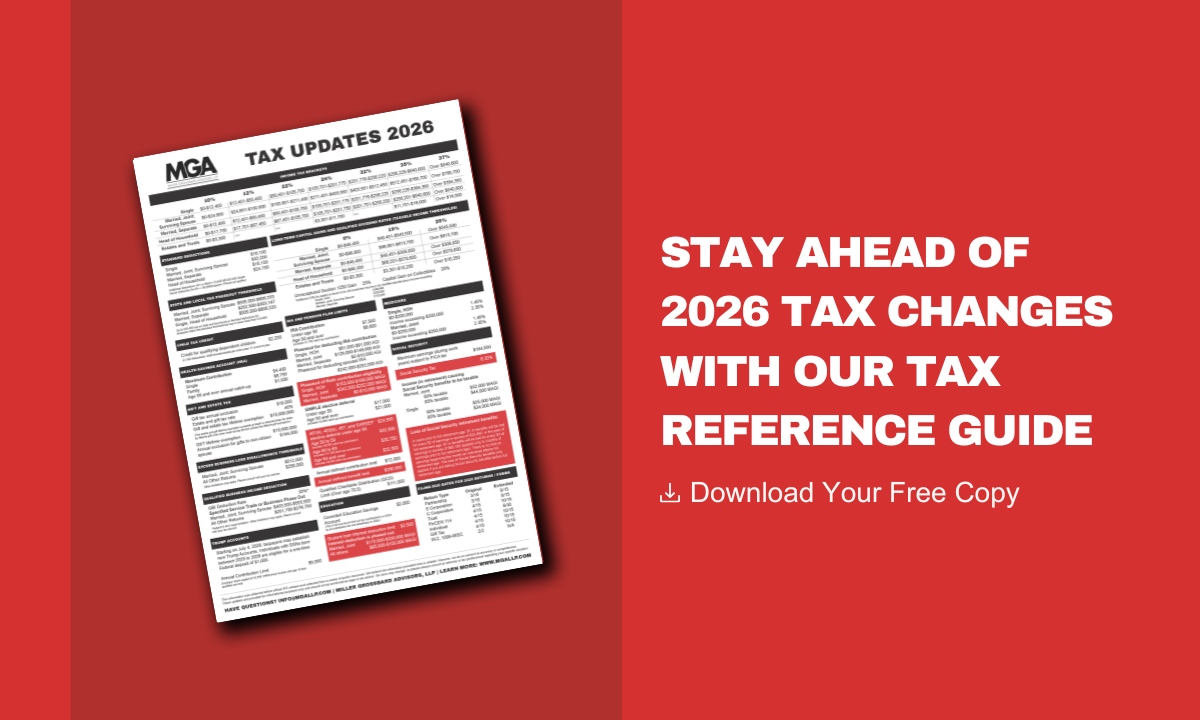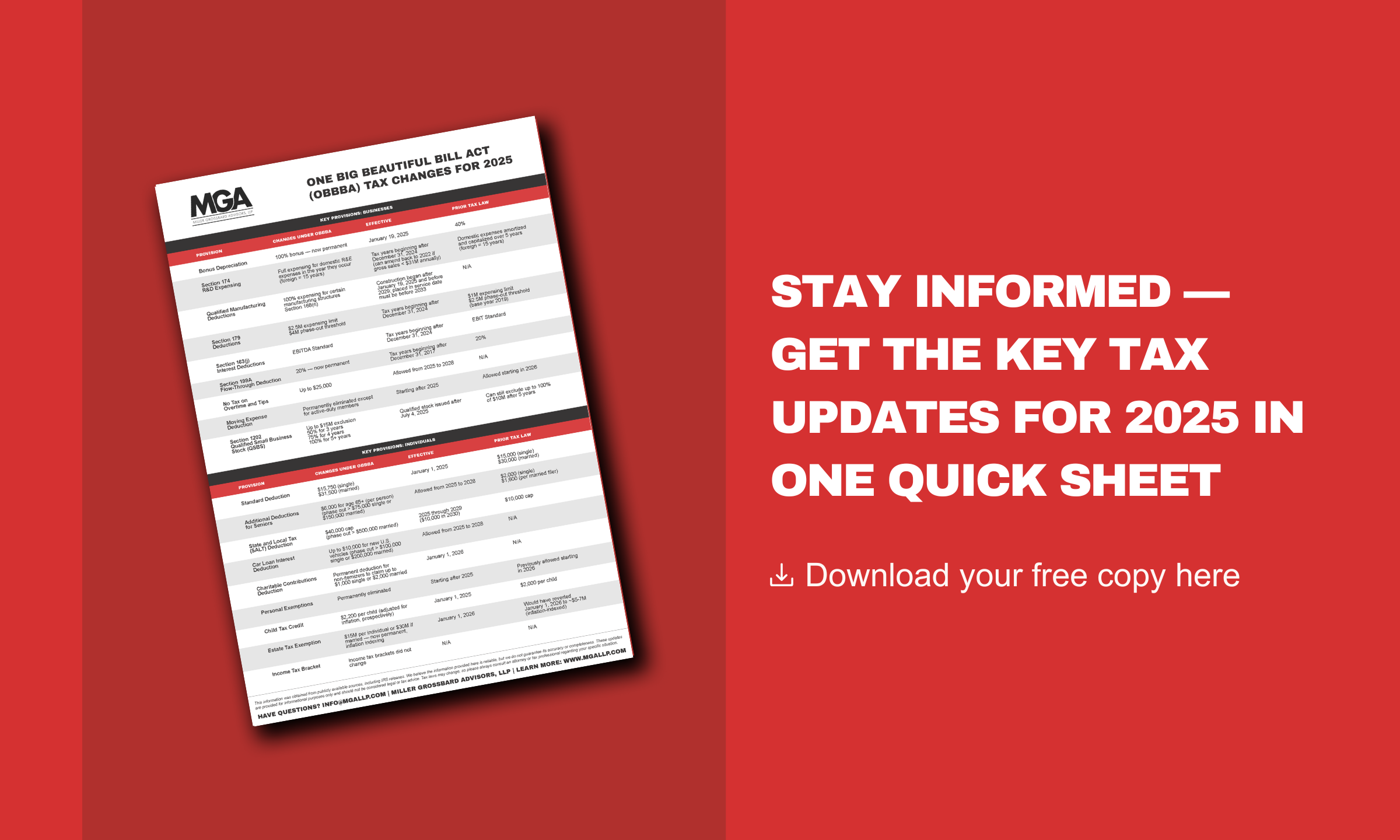Imagine you're cleaning out an old filing cabinet and stumble upon a pile of tax documents, receipts, and records dating back years, maybe even decades. The temptation to declutter and shred everything in sight is overwhelming. But then, some doubt creeps in — "What if I need these for the IRS?"
This scenario is all too familiar for many taxpayers, highlighting the importance of understanding IRS record retention requirements. As an accounting firm, we get many questions about how long to keep tax records. That’s why we’ve compiled this guide to help you navigate the complexities of IRS record retention, ensuring you're both compliant and clutter-free.
The Basics of IRS Record Retention
The IRS recommends that individuals and businesses retain their tax records for a minimum of three years from the date they file their original return or two years from the date the tax was paid, whichever is later. However, this is a general guideline, and there are exceptions that necessitate holding onto certain documents for longer periods. Considering the different situations that could affect you, our guidance is to maintain all tax records for at least seven years to ensure full compliance.
Why Retain Tax Records?
Retaining tax records is crucial for several reasons:
- Amendments: If you need to amend your tax return, having access to the original documents is essential.
- Audits: In the event of an IRS audit, having your tax records readily available can significantly streamline the process.
- Loans: Banks and other financial institutions often require tax records for loan applications, especially for mortgages or business loans.
- Future Tax Returns: Previous tax returns can serve as valuable references for preparing future returns.
Specific Retention Periods
- Income Tax Returns: Keep for at least three years, as you can amend a return for a credit or refund within this period. However, at MGA, we suggest keeping them for seven years from the filing date. This extended period accounts for various scenarios where having these records might be necessary.
- Records Relating to Property: Retain records relating to property until the period of limitations expires for the year in which you dispose of the property. These records are crucial for calculating depreciation, amortization, or depletion deduction and for figuring the gain or loss when you sell or otherwise dispose of the property.
- Employment Tax Records: If you have employees, keep all employment tax records for at least four years after the tax becomes due or is paid, whichever is later.
Digital vs. Physical Records
In today's digital age, electronic records are as valid as paper ones, provided they are accessible and readable. Digitizing records can save space and simplify organization. However, ensure you have backups and appropriate security measures in place to protect sensitive information.
Tips for Efficient Record Retention
- Organize: Keep your records in an organized manner, categorizing them by year and type.
- Review: Regularly review your records to determine what you need to keep and what can be discarded.
- Consult: When in doubt, consult with a tax professional before disposing of any tax-related documents.
Navigating IRS Record Retention with MGA
At MGA, we understand the importance of keeping your tax records safe, organized, and accessible. That's why we securely store digital copies of all your tax data, adhering strictly to IRS retention guidelines. This means you can declutter your physical space without the fear of discarding a crucial document you might need in the future.
Navigating IRS record retention guidelines is essential for tax compliance and achieving peace of mind. By partnering with us, you ensure that your records are maintained for the appropriate duration, making you fully prepared for any tax-related inquiries or requirements. Remember, in the realm of tax documentation, erring on the side of caution is always the best policy.
Have questions? Let’s talk!
We are here to make the complex simple.
Subscribe Now!
Want to stay up to date with our latest blog posts, educational videos, webinars, and more? Get the newest updates delivered right to your inbox by clicking here to receive instant notifications whenever we publish fresh content.
Alternatively, you can opt for our monthly roundup with valuable information and insights from our team of experts. Subscribe today and stay ahead of the curve with us.
.png?width=191&name=mgalogofinal-01%20(3).png)




